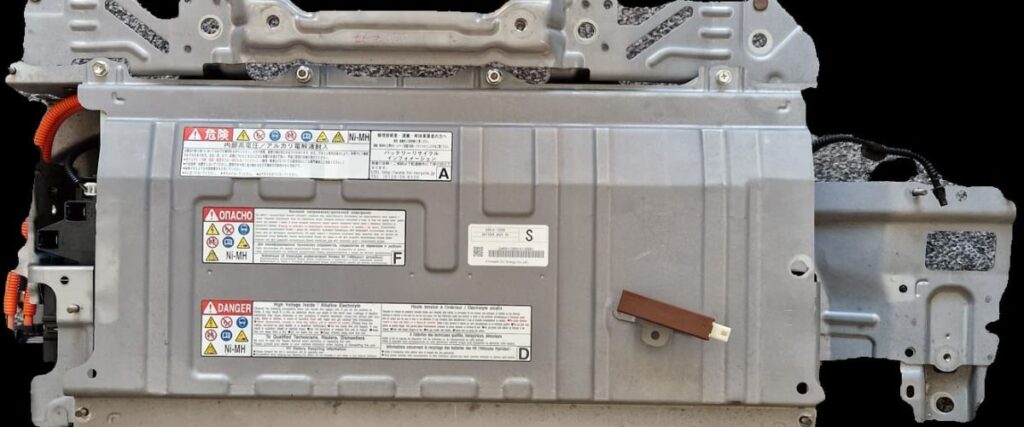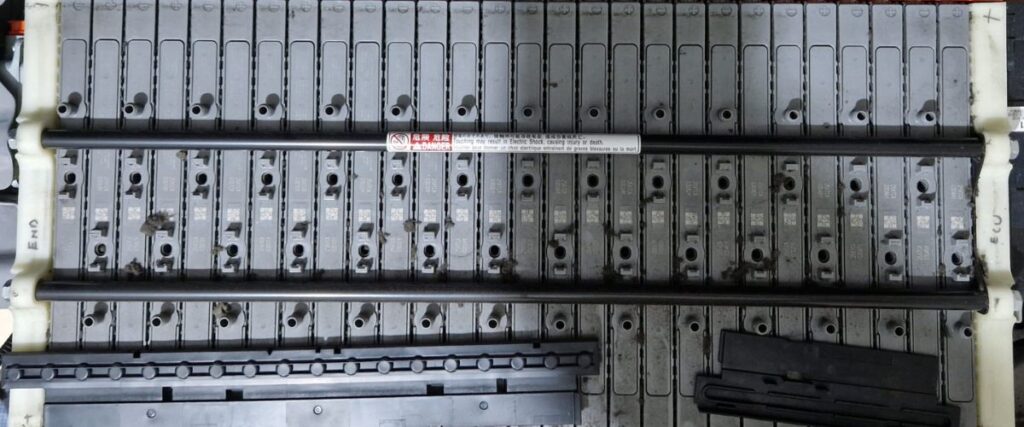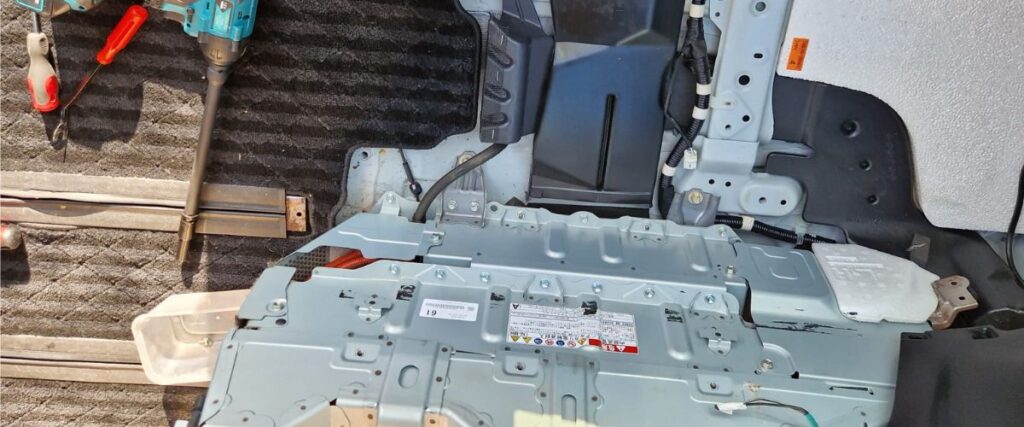
Hybrid batteries are an interesting breakthrough in the world of energy storage since, in comparison to conventional batteries, they provide significant improvements in terms of performance, safety, and efficiency. The potential uses of hybrid batteries are broad, and they have the potential to play a big role in determining the future of energy storage. Even though there are obstacles to overcome, hybrid batteries provide a substantial challenge.
Understanding Hybrid Batteries
Hybrid batteries, which are often referred to as hybrid energy storage systems (HESS), are a kind of battery that incorporates different energy storage technologies to capitalise on the advantages of each component. In most cases, these systems consist of a conventional internal combustion engine plus an electric propulsion system. Batteries play a significant role in both the storage and delivery of electrical energy in these systems.
Composition of Hybrid Batteries
A hybrid battery is a complicated assembly that is made up of many kinds of cells that have been optimised for certain purposes individually. Considering the high energy density and extended cycle life of lithium-ion (Li-ion) batteries, hybrid cars often make use of these types of batteries. Nickel-metal hydride (NiMH) or lead-acid batteries are often used in conjunction with these batteries to facilitate the provision of extra power or to function as backup systems.
Working Principles
For hybrid batteries to function well, there must be a sophisticated level of coordination between the electric motor, the combustion engine, and the battery pack. To augment the output of the internal combustion engine, the electric motor takes energy from the battery pack whenever it is necessary to get more power, such as while the vehicle is accelerating. In the other direction, regenerative braking systems can convert kinetic energy into electrical energy during the process of braking or deceleration. This electrical energy is then stored back in the battery for later use.
Benefits of Hybrid Batteries
1. increased fuel efficiency: hybrid batteries minimise dependency on fossil fuels by optimising the use of electric power. This results in increased fuel economy and reduced emissions while simultaneously reducing the amount of emissions produced.
2. Extended Driving Range: The incorporation of electric propulsion systems into hybrid vehicles allows for an extension of the driving range of these vehicles, making them a viable alternative to conventional automobiles that are fueled by gasoline.
3. Reduced Environmental Impact: Lessening of the Impact on the Environment Hybrid batteries help to reduce emissions of greenhouse gases and air pollution, which in turn helps to create a cleaner and healthier environment.
4. Improved Performance: The rapid torque delivery of electric motors works in conjunction with the power output of combustion engines, which results in more seamless acceleration and improved driving dynamics.
Challenges and Future Prospects
However, hybrid batteries continue to face obstacles such as high costs, heavy weights, and low energy densities, although they provide major benefits. On the other hand, ongoing research and technical breakthroughs are resolving these challenges and paving the way for hybrid batteries of the next generation that have enhanced endurance and higher efficiency. Additionally, the combination of smart grid technology with renewable energy sources has the potential to significantly improve the efficiency of hybrid energy storage systems while simultaneously reducing their overall energy consumption.
When it comes to the move towards environmentally friendly transportation and energy storage solutions, hybrid batteries are an invention that is of critical importance. These batteries provide a compelling combination of efficiency, performance, and environmental responsibility because they make use of the complementing capabilities of electric propulsion systems and combustion engines. Hybrid batteries are prepared to play a major part in defining a cleaner and greener future for future generations because we are continuing to push the frontiers of energy technology.

